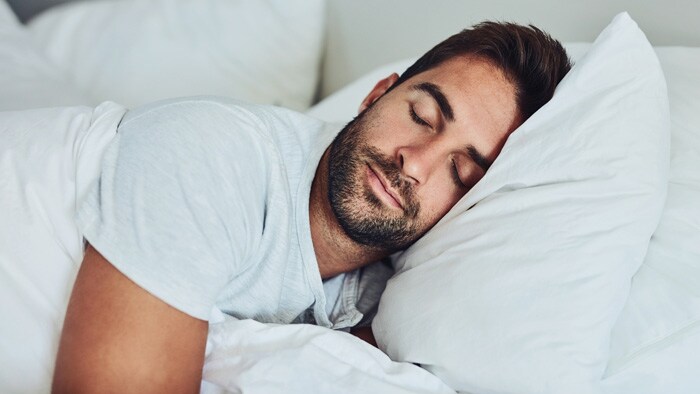Circadian Rhythms and Shift Work: Is Your Work Schedule Impacting Your Health?
Your circadian rhythm determines how healthy your sleep is, but if you're working night shifts or if your shifts change, then you might be throwing off your body's natural cycle. Don't worry, this isn't an insurmountable issue even if it might feel like that right now. Here's what you can do to help fix your sleep cycle, even if your work schedule isn't so healthy.
Your Circadian Rhythm Explained
Your circadian rhythm refers to your body's natural, internal clock that regulates when you're sleepy or feeling awake. When your internal clock tells you that it's time to go to sleep, your body releases melatonin to help you feel tired. Meanwhile, environmental factors such as light reaching your eyes also influence your cycle. The circadian rhythm is important because it affects not only your sleep-wake cycle, but also the release of certain hormones, your body temperature, digestion, and more.
What is Shift Work Disorder?
Shift work disorder refers to one of many circadian rhythm disorders that can disrupt your sleep cycle. Anyone who works at night or works rotating shifts is at risk of developing this. Working a different shift can lead to insomnia and less restful sleep. This can cause you to feel drowsy during the day, less alert, irritable, and depressed. Chronic shift work disorder problems can eventually make you sick, leading to an increased risk of heart disease, metabolic issues, obesity, gastrointestinal problems, and even some cancers. You might even find yourself uncontrollably falling asleep for brief bursts of time, which is called "microsleep." This can lead to accidents at work or while driving.
Solutions for Shift Work Sleep
Here are some "hacks" to help your body sleep better when you're working an unusual shift. First, try to keep the same schedule even on your days off, to minimize disruptions. Always try to block out seven to nine hours of sleep a day. Try to eat something before you go to bed, so your unusual schedule doesn't lead to hunger that wakes you up. Avoid caffeine or drinks with alcohol close to bedtime, since these can make your sleep less restful. Try natural supplements like melatonin to help shift your body's sleep cycle. Use blackout curtains, white noise machines, fans, and ear plugs to keep the sights and sounds of daytime at bay. All that activity can disrupt your sleep. If you still have trouble falling asleep, try a sleep podcast and sleep headphones so you can rest more comfortably. Your lighting can also make a huge difference. Stay away from bright screens an hour or two before bed. And invest in a specialized alarm that uses a colorful light to simulate the sunrise and sunset. This can help your body feel like you're on a regular schedule (especially if coupled with blackout curtains) and ease you into waking up naturally. These alarms even come with nature noises, like chirping birds and crickets, to enhance the simulation.
When It's Something More
Sometimes what you think is a shift work disorder is actually something more. Undiagnosed sleep apnea can cause many of the same symptoms, such as daytime sleepiness and feeling unrested when you wake up. If you find yourself waking up a lot at night or snoring loudly, this might be the issue. Talk to a doctor about a sleep study to determine if you have sleep apnea. Treatment can include a CPAP device or even just changing the position you sleep in. Since the risks associated with sleep apnea are pretty serious (ranging from diabetes to heart issues and more), don't delay talking to a doctor. Although your shift work might feel like an insurmountable barrier to getting a good sleep, it's really not. These sleep hacks might make all the difference.


